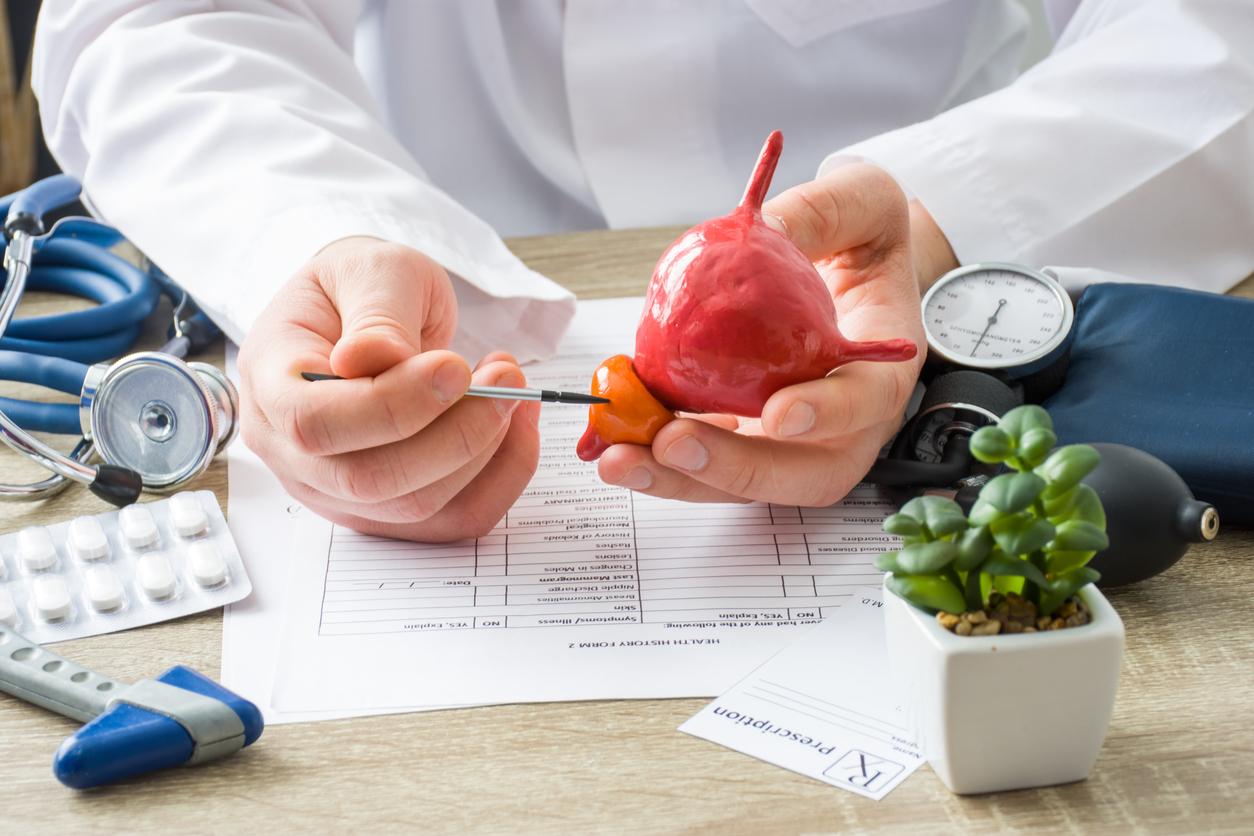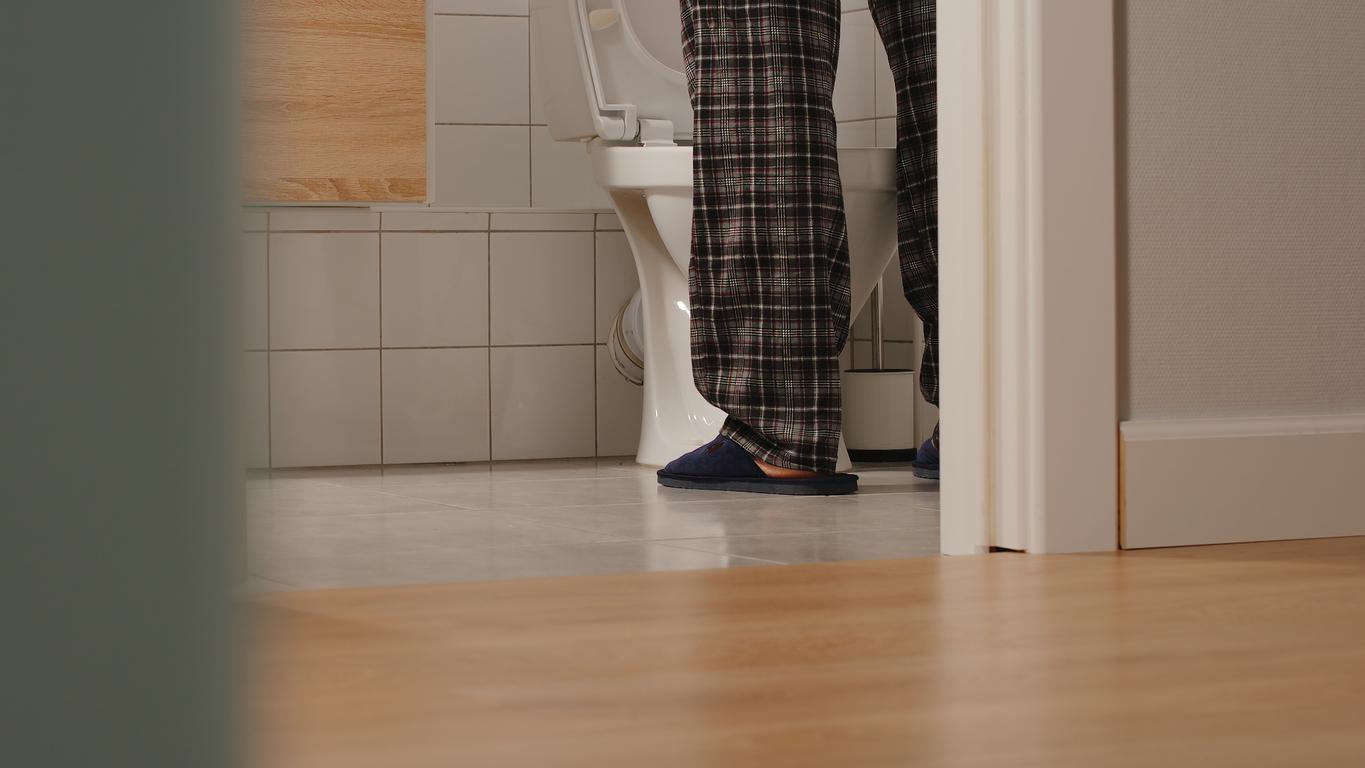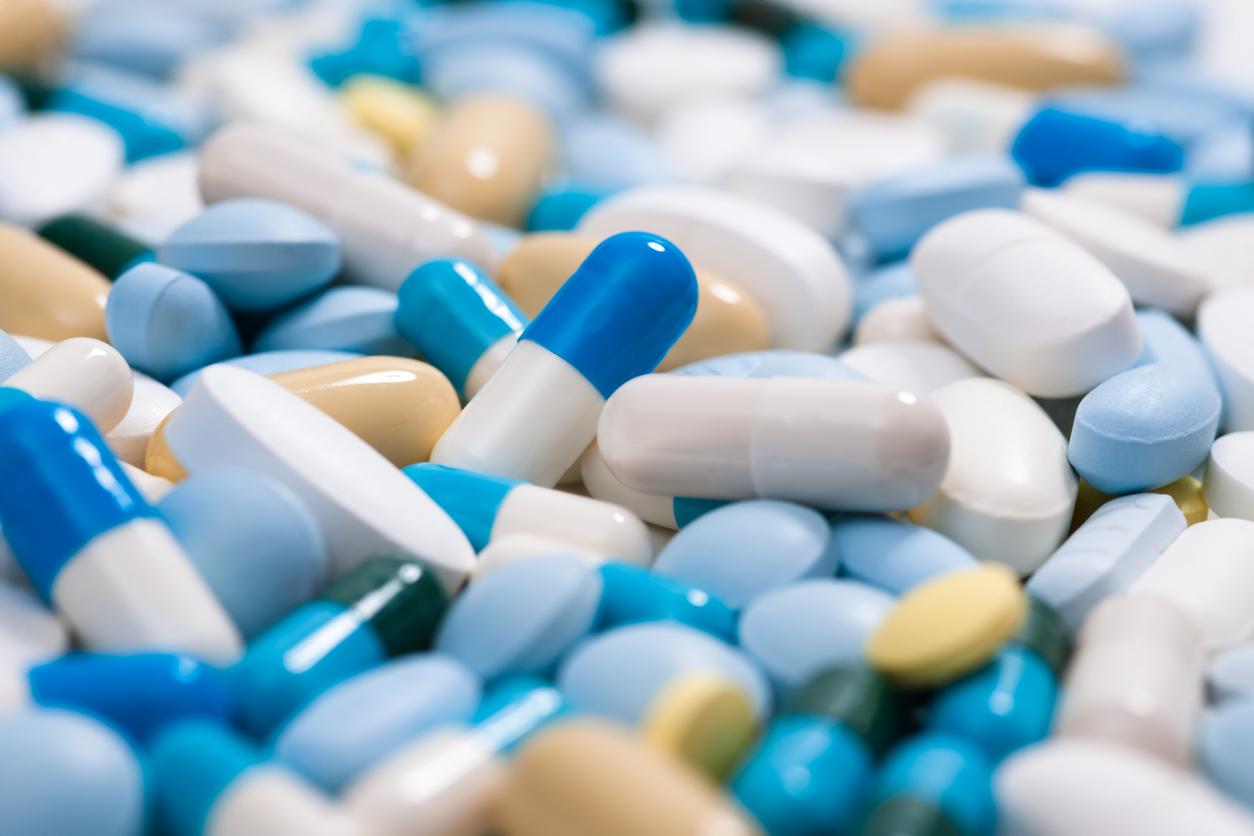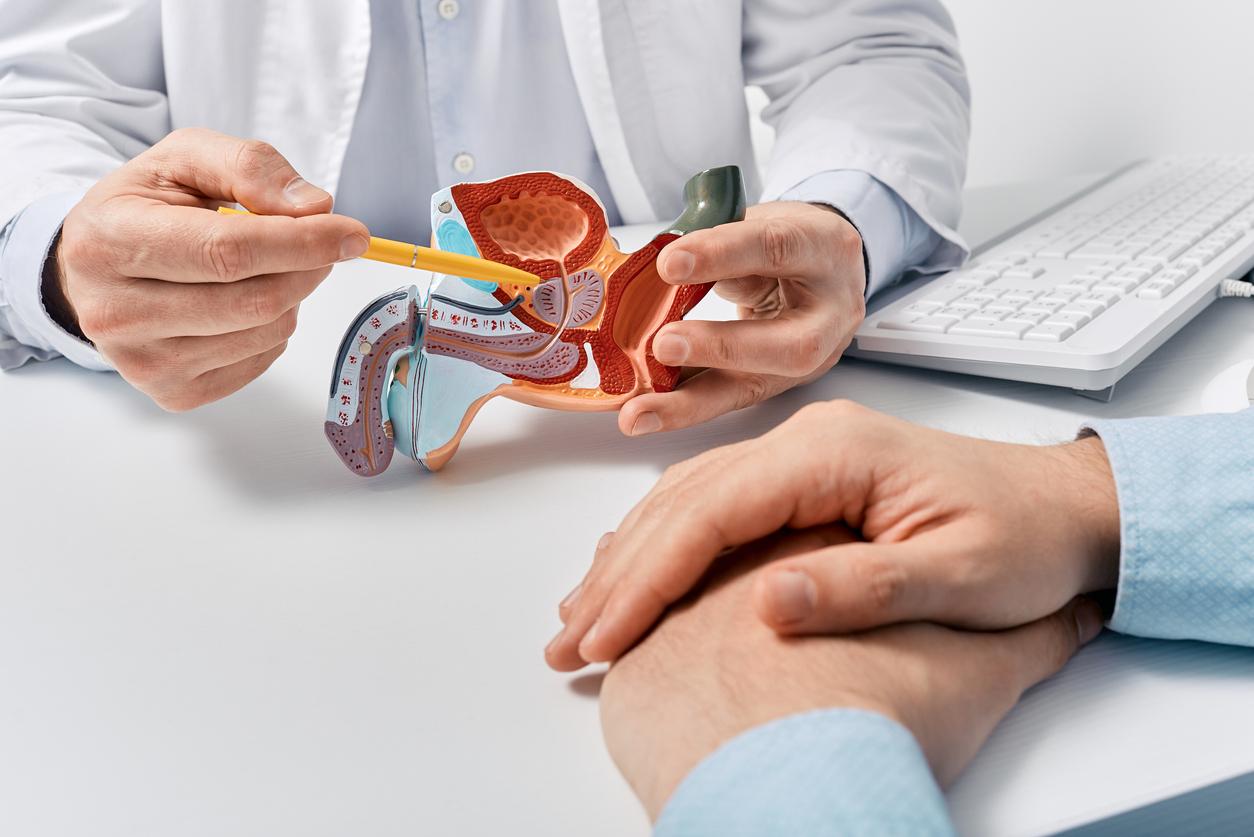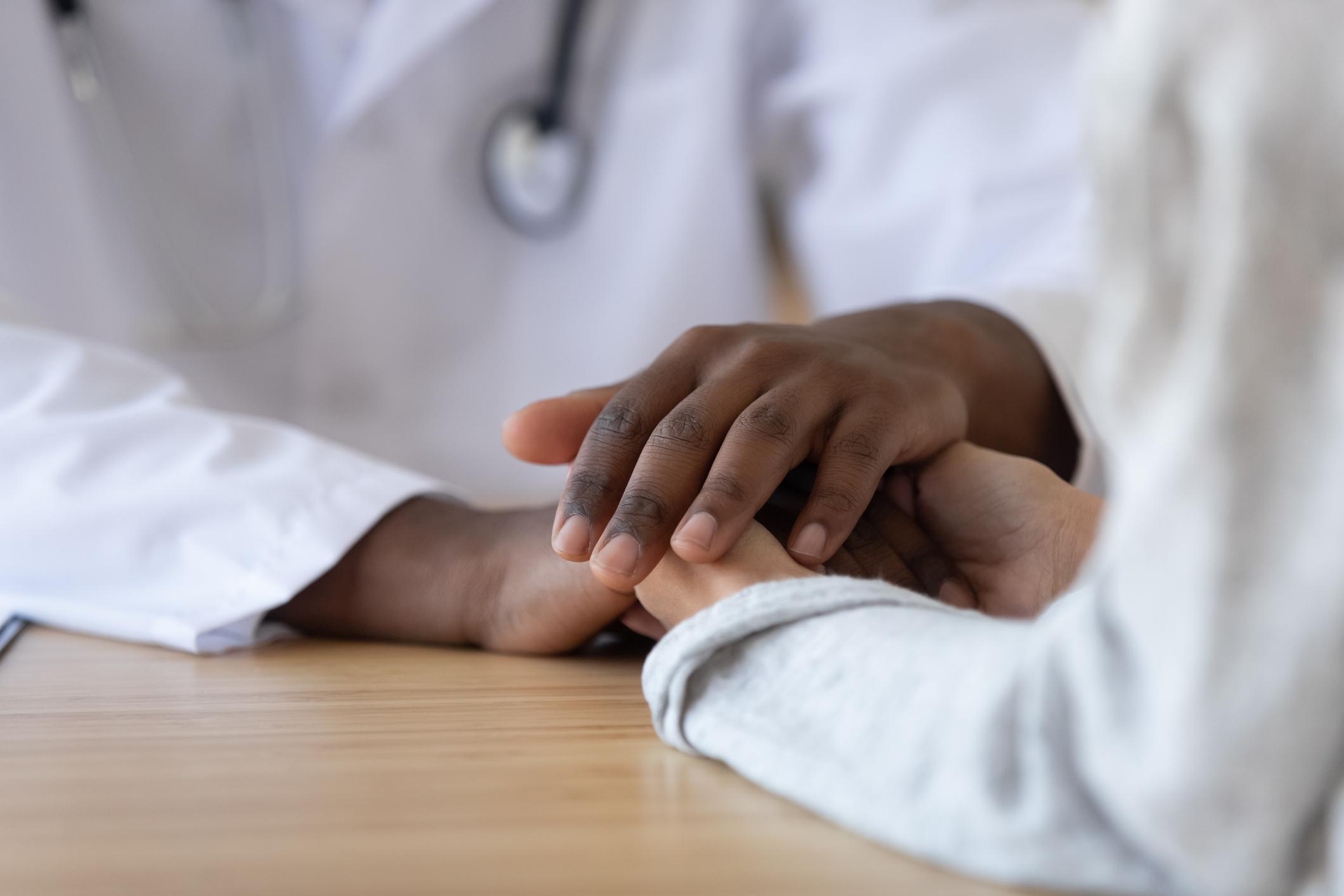
A cause of pain and urinary problems
All men have a prostate. This gland produces the fluid in which sperm cells swim. It plays an important role in reproduction, but can also cause problems. For example, the glandular tissue can become inflamed, resulting in pain and urination problems.
A prostatitis or prostatitis does not always cause symptoms. Some men have been walking around with it for a long time before they notice anything. As the prostate is inflamed, this gland swells slightly, pressing against the bladder and urethra. This leads to urination problems, such as having frequent urges, a weak stream, having to urinate small amounts, not being able to hold urine for long and a burning sensation when visiting the toilet.
The inflammation can also be accompanied by pain in various areas of the lower body, including the groin, abdomen, groin, and lower back. Some men feel sick and develop a fever. A prostatitis can be acute: the inflammation suddenly rears its head and does not last long. You may also suffer from chronic prostatitis. The complaints then last longer, but are usually less severe.
Too many bacteria
Bacteria are usually the cause of inflammation of the prostate. Bacteria that actually belong in the intestines can end up in the bladder through the urethra. That usually doesn’t hurt. The bladder can withstand some bacteria and you pee them out every time, so that there are not too many. Sometimes they do get the chance to multiply considerably. For example, if you drink little, sweat a lot, your resistance is not quite up to scratch or because they are very aggressive bacteria.
The bacteria can attach to the bladder wall and penetrate into the glandular tissue of the prostate, causing prostate inflammation. If the prostate is inflamed, you often have a bladder infection or have you had it before. Sometimes a sexually transmitted disease, such as chlamydia, is the cause of prostatitis.
Antibiotic cure
The doctor feels through the anus whether the prostate is inflamed, because the gland is then painful and somewhat swollen. Urinalysis can confirm the diagnosis. Take some morning urine to the doctor in a clean, tightly closed jar. He can then see if there is an infection and makes a culture to find out which bacteria is the cause.
A prostate infection can go away on its own. If this does not happen, the GP will write a antibiotic treatment in front of. This usually takes effect within a few days. You must complete the course to prevent bacteria from remaining behind, even if the symptoms have already disappeared.
You can also take paracetamol or ibuprofen for any pain. Drink a lot, go to the toilet immediately if you have to and empty the bladder calmly. A few days after the course, the doctor will check the urine again to see if the inflammation has disappeared.
Sources):







